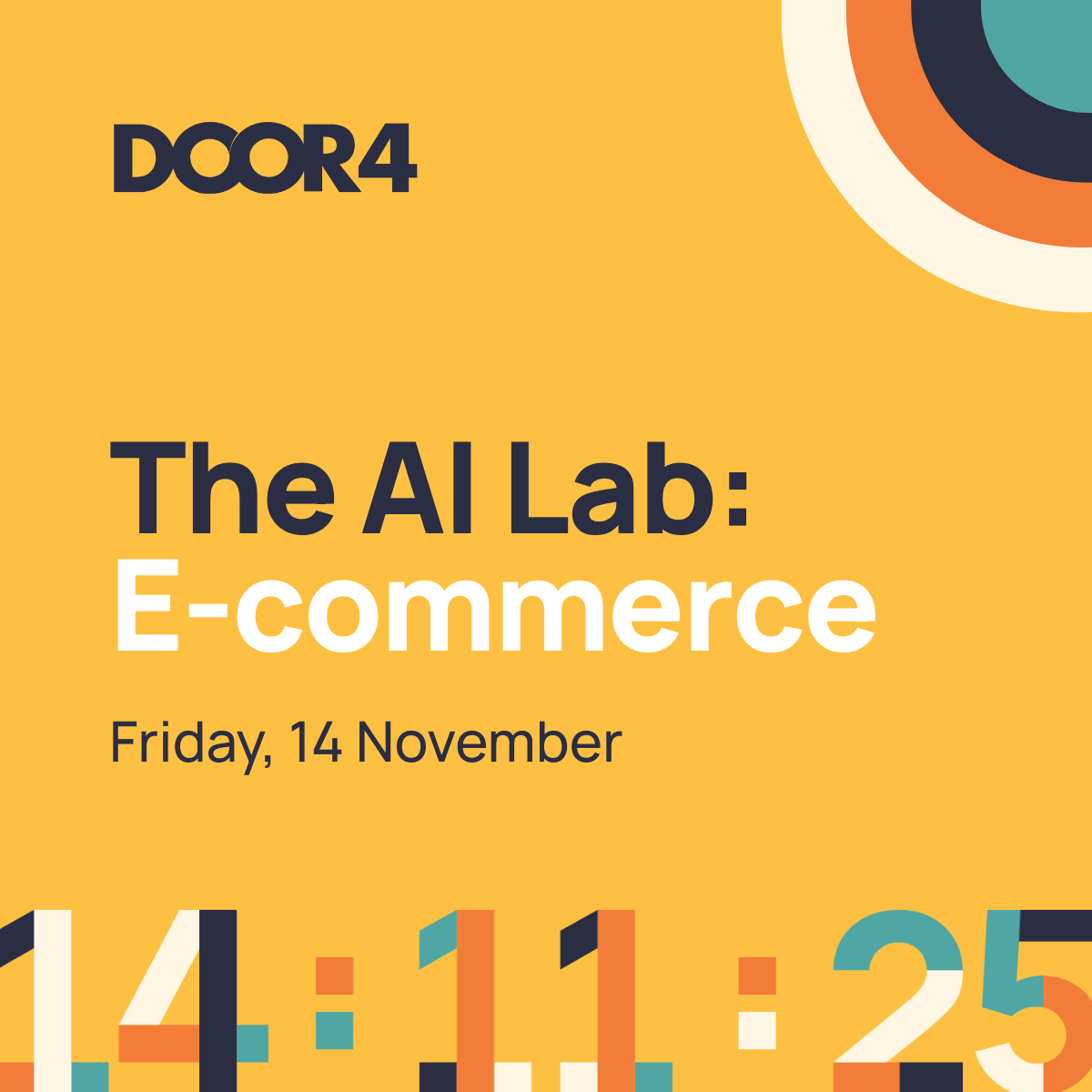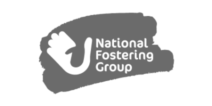Ready to explore the possibilities?
Request a quick call with our team to find out how the Innovation Explorer program can help your business take its next big leap into AI and automation.
In 2025, we’ve seen significant changes to the search, not only in how users are now behaving and searching but in relation to how Google, which many refer to as the go-to search engine, displays search results.
 With the growing world of AI, it would be naive of marketers not to consider how this is affecting their efforts and to adjust their strategies and plans. In addition, even Google themselves have acknowledged the likelihood that they will see Google search traffic itself decline is inevitable.
With the growing world of AI, it would be naive of marketers not to consider how this is affecting their efforts and to adjust their strategies and plans. In addition, even Google themselves have acknowledged the likelihood that they will see Google search traffic itself decline is inevitable.
With this in mind, we’ve considered here what this means for us and our clients currently. First and foremost, we need to understand the impact we’re seeing. Anyone who has done a “search” within Google in the first six months of 2025 will know the SERP (Search Engine Results Page) has evolved and is continuing to do so.
The page is more crowded than ever with a large number of features from paid search and shopping ads, organic search results and featured snippets, Local packs, “People Also Ask”, knowledge panels and most prominently, for most, “AI overviews”.
AI Overviews refer to a summary or informational box generated by Google’s AI to provide a concise answer of a query based on its understanding of the topic – yet we’re seeing these appear more and more and as I’m sure you can imagine, their prominence on the page, is affecting click through to websites themselves.
Real-world research showed that click-through rates dropped by almost 35% when an AI overview appeared in search results, contradicting what Google claims – that AI will help increase click-through.
With this in mind and now the evolution of Google’s “AI mode” which has already rolled out in the US, the UK is more than likely to follow, which encourages exploratory searching, where users interact with AI-generated responses rather than clicking on links.
There is no doubt that Google is shifting from traditional Organic query-led search to conversational AI-driven search, meaning if you’ve not already adopted tactics to help this, you’re likely, if not already, going to see your Organic clicks and therefore traffic decline. If you want to see the impact this is having on your site, review your Google Search Console data and look at your impressions and clicks to your site in comparison to the same time frame last year.
Now you would like to think, that whilst the SERP is changing and Organic results being affected, that you can still “pay to play” to essentially try and counteract this – Whilst in part, this is the case, you are still at the mercy going to click an ad, rather than gathering the information they need within the AI response.
In addition, it’s getting more expensive to do so – on average cost per click in Europe has increased 9.5% this year to date compared to the same period last year. Whilst Google are also encouraging the use of AI through their Ads platform, sending personalised “growth plans” essentially pushing advertisers to their AI suggestions.
Whilst these are positioned as personalised guidance, the recommendations follow their standard playbook for increasing adoption of its automated solutions and broader targeting options; they have the potential to increase spend and/or reduce precision of targeting.
With everything we know from the above in mind, the rise of AI in Google including AI Overviews and AI-driven search, is reducing click-through rates – especially organically and likely making paid ads more expensive with emphasis in AI adoption in ads, requiring marketers to adapt their strategies to avoid or at least minimise traffic decline.
What does all this mean for you?
It means we’re operating in a search environment where organic clicks are harder to earn, paid visibility is more expensive, and Google’s AI tools are increasingly shaping what users see and do. The brands that navigate this well won’t be the ones clinging to the old ways, but those willing to reassess where search fits in their broader acquisition strategy. If you’re seeing signs of traffic decline or cost inefficiencies, it’s not just you, and it’s not too late to adapt.
At Door4, we help ambitious brands make sense of these changes and develop strategies that convert in the real world. If you’re ready to get ahead of what’s next, we’re ready to talk.
Author: Beth Moore, Head of Client Services, Door4
Door4 opinions and insight.
We have a lot to talk about.Our latest articles, features and ramblings.
We explore performance marketing, AI, communications and optimisation.









